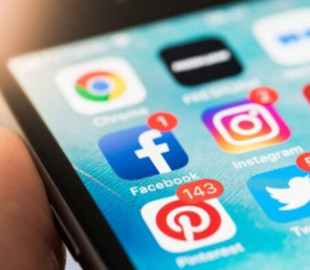
The Iranian authorities on December 24 decided to lift the block on “some widely used foreign platforms.” The first to receive access will be the WhatsApp messenger and the Google Play app store, Bloomberg reports.
The decision was made unanimously at a council meeting attended by the head of the judiciary and President Masoud Pezeshkian, who after his election in July promised to expand Internet freedoms for Iranians.
Social networks, including Facebook, X (formerly Twitter), and YouTube, have been banned or restricted in Iran since the 2009 protests. The authorities have accused these platforms of facilitating the protests and inciting the opposition.
According to Freedom House, Iran ranks third among the countries with the most restricted access to the Internet, behind only China and Myanmar. In recent years, the authorities have repeatedly completely shut down the internet during mass protests, including in 2019 and 2022.
The state news agency IRNA reported that the process of lifting restrictions will be “multi-stage and continuous” and will not be limited to one or a few platforms. The exact date of the decision's entry into force is not yet known.
The publication notes that many Iranian officials themselves use banned social networks to maintain public accounts, which has repeatedly drawn criticism from the public and the international community.

